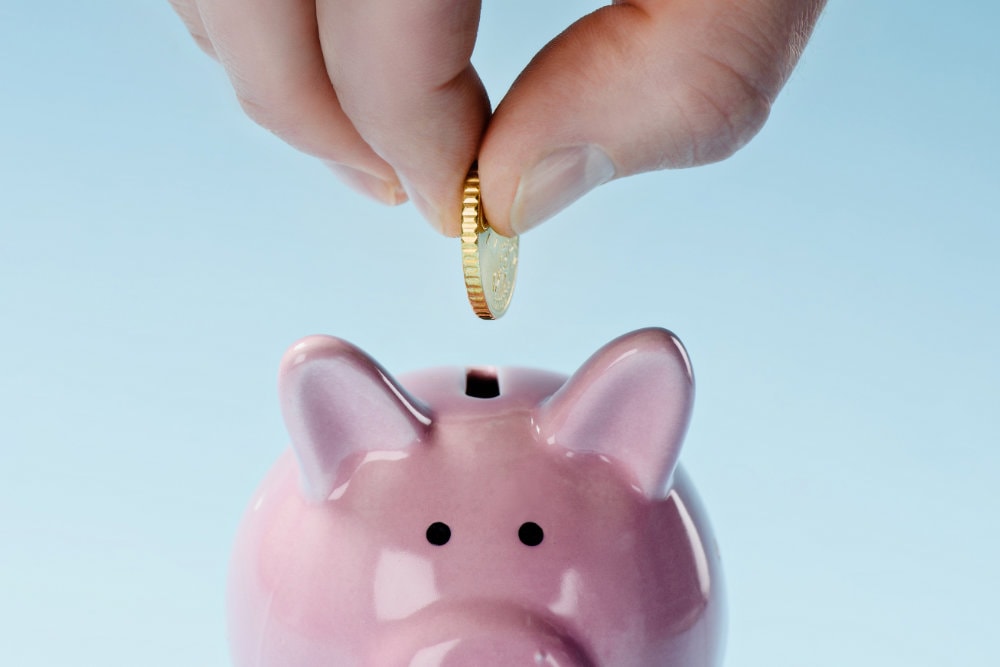Money is a touchy subject and budgeting money is difficult for most people. Either we don't have enough or too much, and both situations cause anxiety. It's hard to know how to spend it wisely, and many people just give up on the idea of budgeting altogether. I hope the ideas in this blog post may be useful and help you make better financial decisions.
Below are a few tips I think may help those who are looking for ways to manage their money.
- Make a budget and follow it. This is probably the best tip for many people because it forces those who are careless with their money to have an accounting of their expenses and budgeting system. Once you've made a budget, write it down and make it a part of your monthly planner so that you can keep track of how much money you're spending. You can't just think about making a budget. It is something that needs to be done or else your finances will just be out of control and you'll have no idea where your money is going. Set goals for yourself and follow them. Having a reason to save money or save for something gives you some inspiration because it makes you want to work hard towards your goal. It doesn't matter what you save for, whether it's a certain object or a certain amount of money. Having a goal gives you incentives to spend less money on other things so you can work towards your goal.
- Cut out the non-essential things, like food and entertainment. I think this is the hardest tip because it involves cutting out fun things, but this will save you money. It might seem like it's going to be hard, but you need to find ways to save money in your day-to-day life and not just when you're on a budget or at the end of the month. Don't eat out as much. Buying groceries and cooking yourself can often save you a good chunk of change. Cutting out entertainment is probably the most difficult yet most effective way to save money. Most people would be amazed at how much they spend on entertainment, like concerts, sports, movies, etc. If you find yourself engaging in a lot of activities that are for fun, then think about cutting some of them out or doing them less frequently.
- Don't use your credit card unless you have cash in your bank account. Make sure that you always control the amount of money that's in your account. When you're using your credit and all the money in your account is gone for the month, you find yourself slipping into credit card debt. Don't get a credit card in the first place, but if you already have one, use it sparingly and only when you've saved up enough money to pay for whatever it is that you're buying.
- Don't look at sales as a way to save, but rather as an opportunity to buy. This tip is to prevent you from buying something just because it's on sale. If you're not willing to buy it when it isn't on sale, then you probably don't really need that item. You should only get the deal if you were thinking about buying the item anyway. People often spend too much money on sales because they end up spending money on items they don't really need.
- Save money on things like your cell phone plan, insurance policies, and home furnishings. Consider cutting out your cell phone plan if you are able to save money. Also, don't get the insurance policies that have the highest monthly payments. You should try to find a plan that fits your own budget. It's also important to watch your home expenses because they can be very expensive if you don't pay attention to them.
- Let your family and friends know what you are doing. This is so that they can help hold you accountable for your spending as well as provide support. If you are one of those people who can't seem to stick to a budget, then make sure that you don't lie about how much you are saving or how much has been spent on something. Your family and friends can help guide you and keep you on track.
Regardless of how you choose to account for your finances, the most important part is to have confidence that you can save money with your budget. Most people think that if they try to save money, they won't be able to. But once you make a budget and start following it, you'll find that it's easy to stick with for a long time. You'll be more conscious of how much money you're spending and you'll make sure it's not going to things that aren't essential. Most importantly, you will know how much money you can spend so you don't end up getting in debt!
